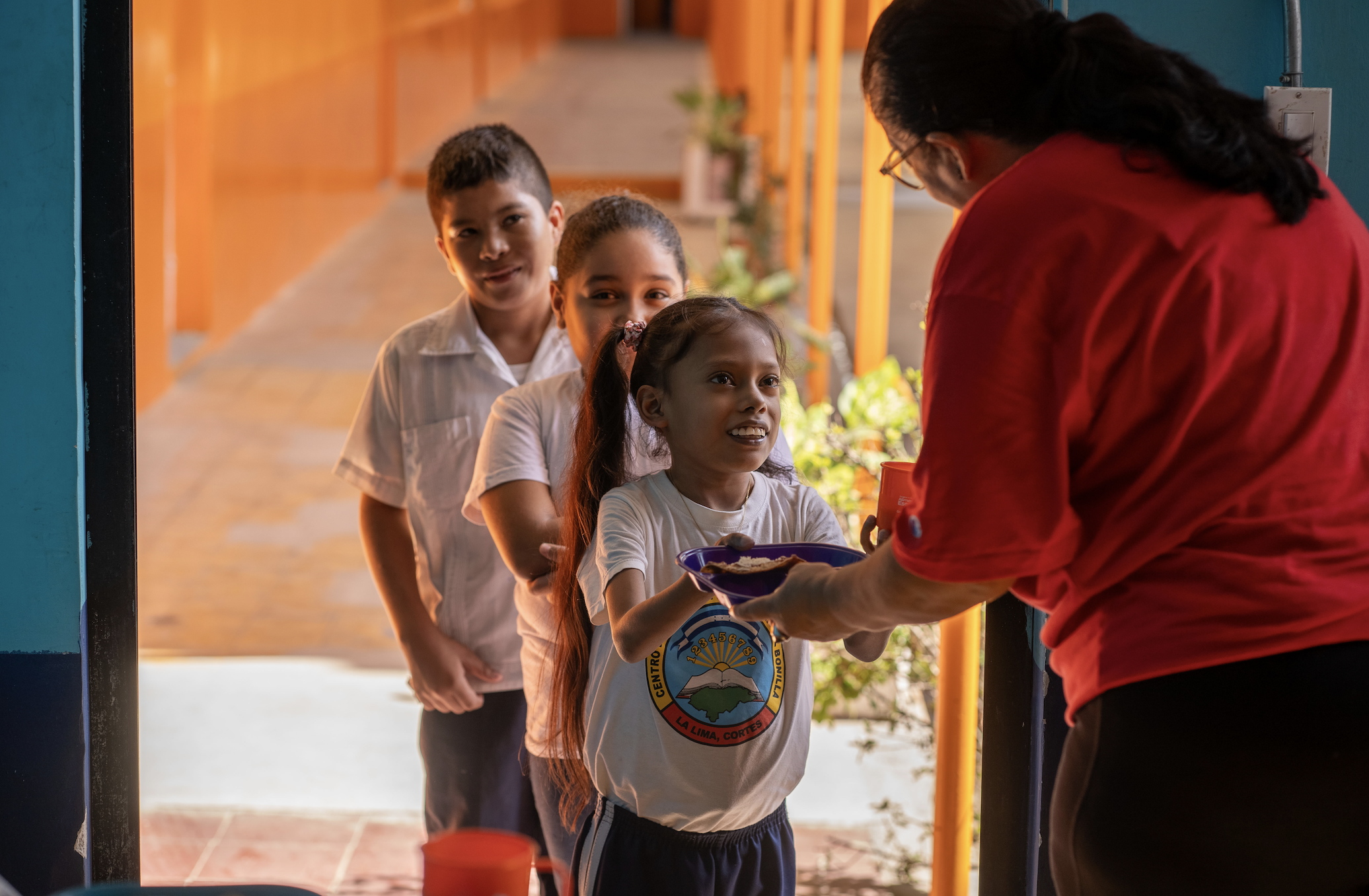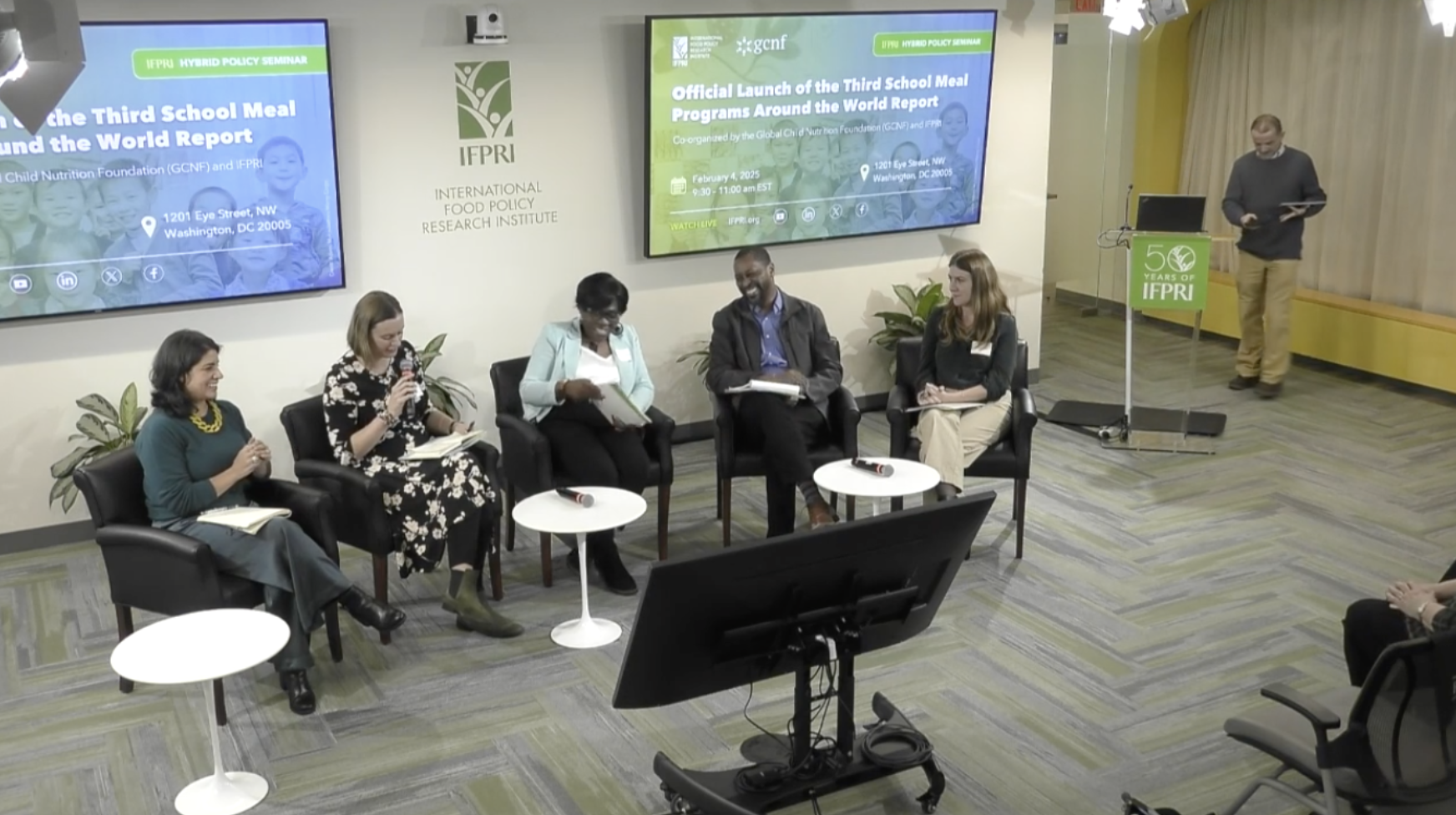
At least 407.8 million children around the world received food through schools in the 2022 school year, which corresponds to 25 per cent of school-age children. This figure was released on 3 February during the launch of the third edition of the report School Meal Programs Around the World, a document co-organised by the Global Child Nutrition Foundation (GCNF) and the International Food Policy Research Institute (IFPRI).
The document brings together information gathered through the Global Survey of School Meal Programs, applied in 142 countries throughout 2022, and addresses issues such as the scope and coverage of programs, funding, laws and policies, as well as monitoring global progress over the years.
Regarding Brazil, the report reveals that 35.8 million children and adolescents received school meals in 2022, corresponding to all the pupils enrolled in primary, elementary and secondary schools. The majority, 61 per cent, are primary school children across the country.
Worldwide, among the children and adolescents who received school meals in 2022, 39 per cent were enrolled in primary school. The research is aimed at governments, researchers, donors and decision-makers.
Researcher Fábio Veras Soares, from the International Policy Centre for Inclusive Development at the Institute for Applied Economic Research (IPEA) attended the launch on behalf of the Brazilian government and the Global Alliance against Hunger and Poverty. He emphasized the relevance of the questionnaire in the decision-making process.
‘Data such as that provided by the Global Survey of School Meal Programs plays a crucial role for the work of the Global Alliance because it creates the evidence base for policies that are supported by the Alliance,’ says Veras Soares.

After the presentation of the data, the WFP’s Director of School Feeding and Social Protection and Director of the School Feeding Coalition Secretariat, Carmen Burbano, took part in the panel ‘Putting survey results to use: Policy, research, advocacy, implementation and business perspective’, explaining how the data obtained from the questionnaire is incorporated into the work of the WFP and the Coalition.
Burbano said that the data helps feed into the State of School Feeding Worldwide Report, published every two years by the WFP, the agency in charge of official UN data on school feeding.
Burbano also stressed that the survey is a tool that strengthens and institutionalizes the work made available to government officials for better decision-making.
Access Brazil’s data and the Report Highlights available in Portuguese.
Access the full Report (in English).




